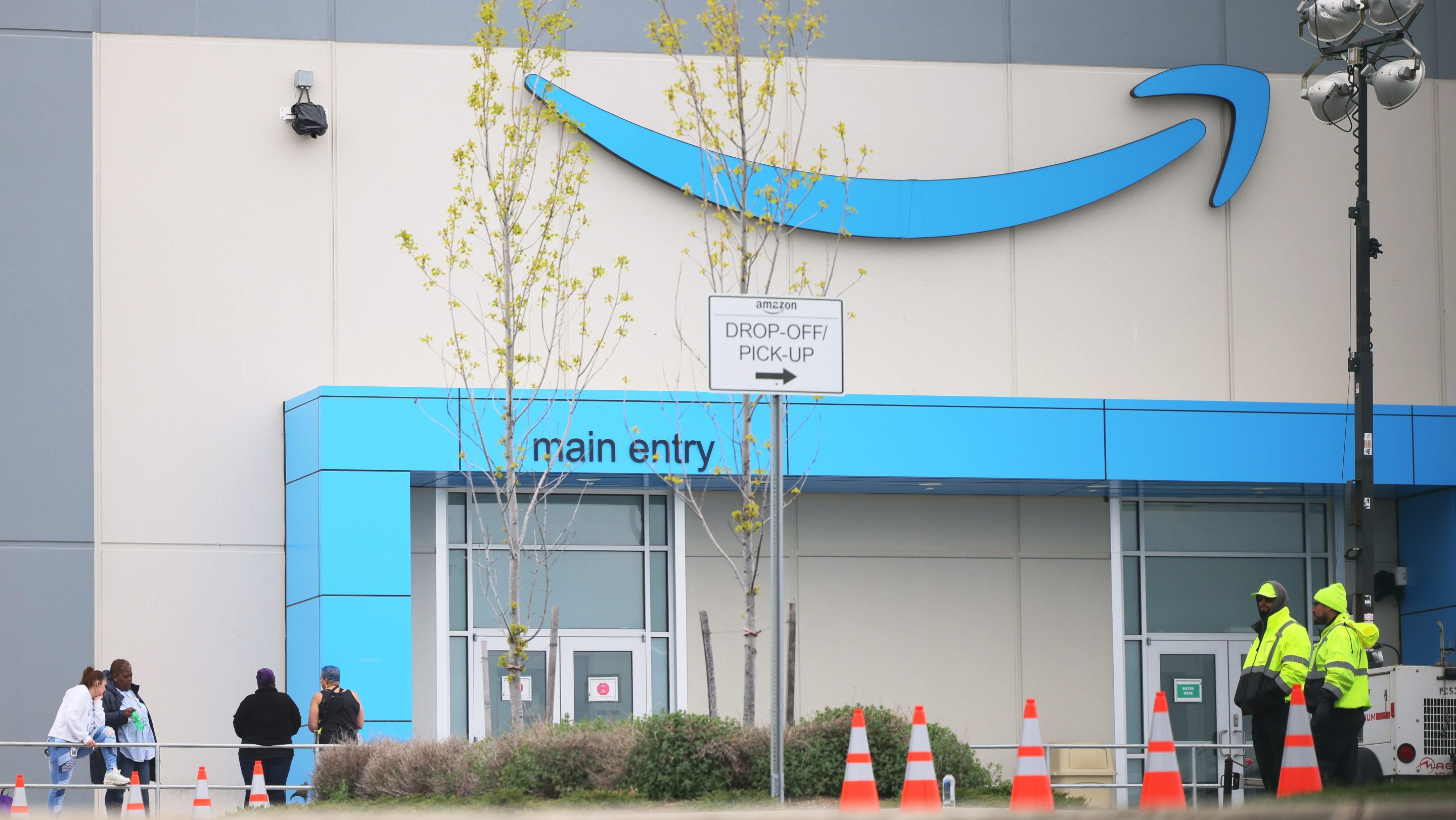
Holiday shopping reflects our personal economy

This holiday season, many retailers saw sales increase by almost 5 percent compared to last year. It’s due to a number of reasons, said Ellen Davis, the senior vice president of the National Retail Federation. The NRF’s numbers will be released in January, but Davis spoke with Marketplace host Adriene Hill about how some of retailers’ success has to do with how people are feeling about their economic security. Below is an edited transcript of their conversation.
Ellen Davis: Many people feel like they’re in a good financial situation. What was interesting the first half of this year is that we knew the customer had the capacity to spend but they weren’t really showing dramatic interest in shopping. This holiday season though, it seems like either retailers figured out how to entice the customer or consumers were just realizing that they were in a good place financially and that it was time to go out and spend some discretionary items.
Hill: And so what did retailers do to try to entice them?
Davis: What’s interesting is that most retailers tried to look for ways to pull all of the triggers on their stores and their websites to try and entice people to shop, whether that was buy online, pickup in store or whether that was check availability in a store online. The other thing that was interesting about this holiday season is that, from our perspective, I’ve been at NRF for over 15 years and seen a lot of holiday seasons, including the one in 2008 when the bottom really fell out. Even though people will still celebrate the holidays when times are tight, they’ll shop in different places. We saw a lot of shopping in thrift stores for example during the recession. We saw a lot of people saying that they were going buy their kids blue jeans and school supplies, whereas now you might buy blue jeans because your kid’s run out and you save a big toy for the holiday gift. So it’s interesting to see how, from our perspective, what people are buying during the holiday season gives us another frame of reference on where the consumers mind actually is.
Hill: And so what did this holiday season look like as far as that mix of what people were buying?
Davis: This holiday season you hear stores like Neiman Marcus saying that business is actually doing really well. Look, you can buy slippers at Walmart or Neiman Marcus. If you’re buying slippers at Neiman Marcus, that might be an interesting sign of the mind of the consumer. You saw a lot of high-end appliances that seem to be doing very well regardless of if they had a promotion. Certainly some more expensive toys were on the radar for a lot of families this year. That points to us as if families were feeling a little bit better about their financial situation, had saved up to buy holiday gifts and were going to make it a pretty special day for people.
Hill: And going with the things nobody needs but people want. The fun of the holidays.
Davis: Sure, I mean so during the recession we saw a lot of denim purchases. We saw cold winter apparel that would be a necessity — worn boots, warm gloves. We saw a lot of sales the Crock-Pots. You still see some of that, but you see, you know, the $100 Instapot. You don’t see the $9.99 Crock-Pot that you just turn on and off. There are real differences in how people choose shop based on how they’re feeling financially. Some of that is conscious, but quite frankly some of that just might be completely in their subconscious, but, you know, part of the element when they go shopping.
| Holiday season fills campgrounds with Amazon workers |
| These days, the holiday magic happens in warehouses |
| Tech in retail, from the good to the gimmicky |
There’s a lot happening in the world. Through it all, Marketplace is here for you.
You rely on Marketplace to break down the world’s events and tell you how it affects you in a fact-based, approachable way. We rely on your financial support to keep making that possible.
Your donation today powers the independent journalism that you rely on. For just $5/month, you can help sustain Marketplace so we can keep reporting on the things that matter to you.


















